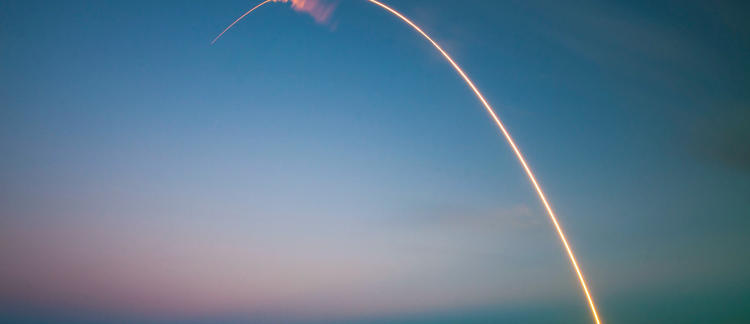Jockers' Macroanalysis is an inspiring book that gives a well-rounded description of digital techniques in the field of literary studies. The book is divided into three parts: the first one (Foundation) is an account of the basis on which his approach is built upon; the central one (Analysis), the bulk of the book, is a description of the methodological landscape of macro-analysis, and is divided into five sections of increasing complexity, culminating in an interesting and innovative discussion of literary influence; the last one (Prospects) highlights some issues that digital literary scholars are facing or will face in the near future.
In the first section, Jockers gives a genealogy of the macro-analytical approach, which is in part a response to Franco Moretti's (Moretti 2000, 56-58) discussion of the need for distant reading in literary studies, in part related to text analysis and humanities computing, in part indebted to stylometry and the use of statistics to evaluate and analysze corpora of texts. The unifying element is the “sampling game” in literary studies, as he calls it, that which until very recently has been too narrow and too random if compared with the overall literary system that it purported to analysze and describe. It is only with the emergence of big data and large digital libraries that a real distant reading of some sort became possible, with the help of computing machines:"Big data have been a major catalyst," says Jockers, and "the questions we may now ask were previously unconceivable, and to answer these questions requires a new methodology, a new way of thinking about our object of study" (Jockers 2013, Loc 83).
Among the questions that can be addressed in new ways, the most important one is probably that of literary influence and creativity, asked first and foremost by Bloom's Anxiety of Influence (1997), but still in need of a more cogent, coherent, and focused approach. Jockers claims that his methodology does just that, with its emphasis on the macro-level of the literary system first of all, and the use of statistics to challenge the idea of authorial signature, as opposed to external elements such as genre, gender, ethnicity, time, and geography. We might call this method a stylometric description of the opposition between creative freedom and external, systematic constraints, between the romantic genius and the Foucauldian "dead author." Jockers’ conclusion is that "individual creativity […] is highly constrained, even determined by factors outside of what we consider to be a writer’s conscious control" (Jockers 2013, Loc 723). To prove such a bold statement he used a sophisticated mix of theoretical knowledge and statistical methodology. The only problem I had with his discourse is that he used mainly Russian Formalism as a background, overlooking more recent development that could be useful as a theoretical background (such as polysystem theory, for instance, which is a theoretical framework built upon formalism that might be very helpful in his kind of discourse).
However, his use of words is very careful, especially in avoiding the term "distant reading" when talking about what can be done with computers and statistics. Instead he speaks of macro-analysis, that which analyses concepts and features at the macro level, over an entire corpus rather than on a single or a few randomly chosen works. The use of the word analysis instead of reading is also interesting, because it "places the emphasis on the systematic examination of data" (Jockers 2013, Loc 571) – something that computers can do faster, more carefully and at a bigger scale than humans – and de-emphasises the more interpretive act of reading – which is instead something that humans do better than computers.
Being a book on digital humanities, Jockers’ Macroanalysis has some peculiar difficulties, mainly due to the need to find a balance between technical explanations and critical discourse, or, in other words, between a traditional and a digitally-informed literary scholar (and humanist in general). Although the need for a more detailed and explicit technical explanation is sometimes felt while reading the book, I have to say that the overall approach seems to be effective in introducing and promoting the "new way of thinking about our object of study."
Works Cited
Bloom, Harold. 1997. The Anxiety of Influence: A Theory of Poetry. Oxford University Press US. 2nd edition. Print.
Jockers, Matthew L. 2013. Macroanalysis: Digital Methods and Literary History. University of Illinois Press. Kindle edition.
Moretti, Franco. 2000. "Conjectures on World Literature." New Left Review. January-February: 54-68. Print.
